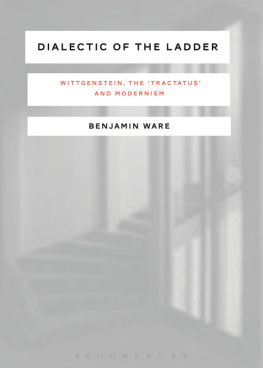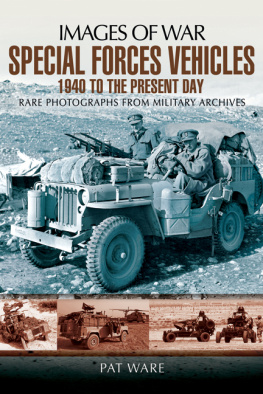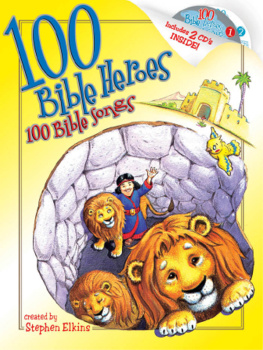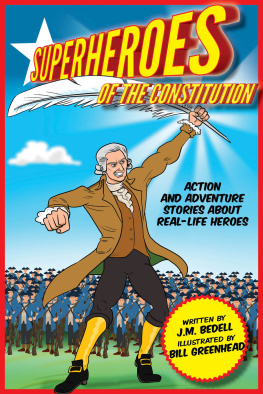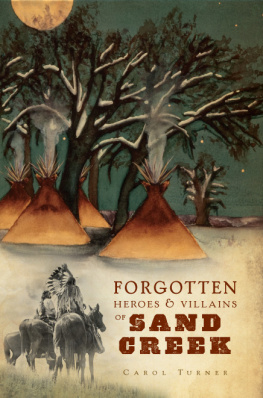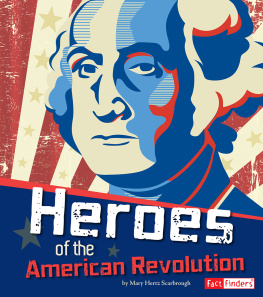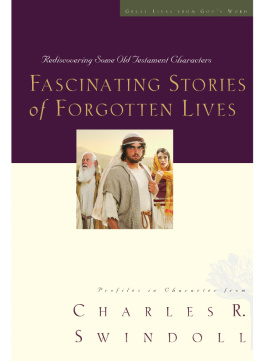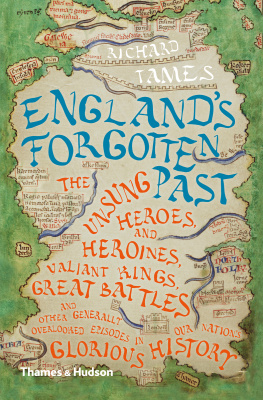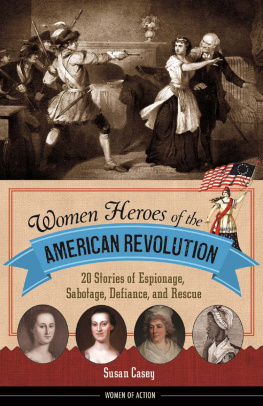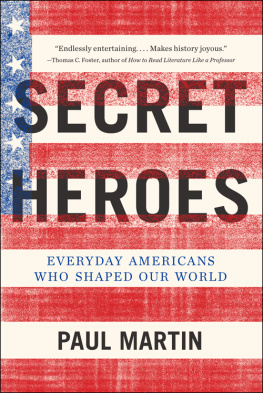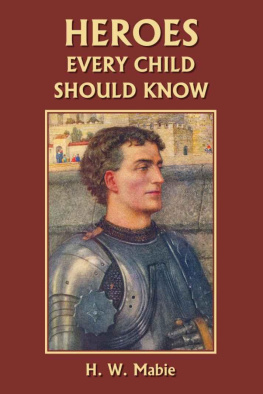
OTHER BOOKS BY SUSAN WARE
LETTER TO THE WORLD: SEVEN WOMEN WHO SHAPED THE AMERICAN CENTURY
STILL MISSING: AMELIA EARHART AND THE SEARCH FOR MODERN FEMINISM
MODERN AMERICAN WOMEN: A DOCUMENTARY HISTORY
PARTNER AND I: MOLLY DEWSON, FEMINISM, AND NEW DEAL POLITICS
HOLDING THEIR OWN: AMERICAN WOMEN IN THE 1930s
BEYOND SUFFRAGE: WOMEN IN THE NEW DEAL
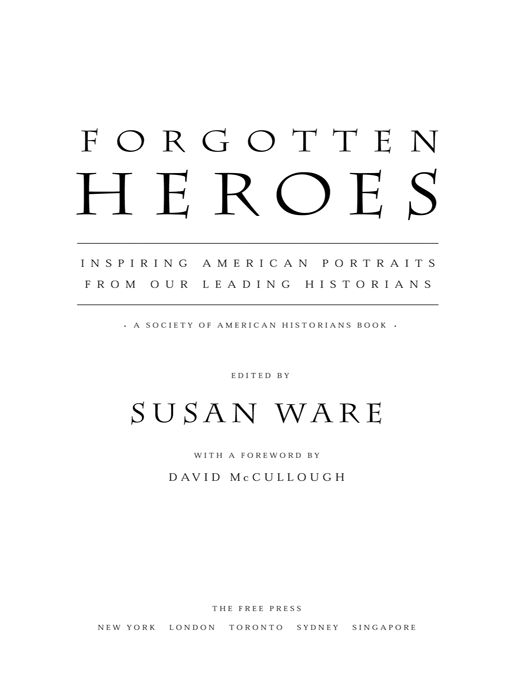

THE FREE PRESS
A Division of Simon & Schuster Inc.
1230 Avenue of the Americas
New York, NY 10020
www.SimonandSchuster.com
Visit us on the World Wide Web: http://www.SimonSays.com
Copyright 1998 by Society of American Historians
All rights reserved, including the right of reproduction in whole or in part in any form.
Stephen Jay Gould essay Stephen Jay Gould.
Kathleen Brady essay Kathleen Brady.
Arthur Schlesinger, Jr. essay NY Review of Books.
THE FREE PRESS and colophon are trademarks of Simon & Schuster Inc.
Design by Carla Bolte
ISBN 0-6848-6872-5
ISBN 978-0684-84375-9
eISBN 978-0684-86872-1
Contents
Introduction: Historians Forgotten Heroes
Susan Ware
John Chapman (Johnny Appleseed)
William E. Leuchtenburg
Henry Knoxs Wilderness Epic
Tom Wicker
Mary Dyer: Religious Martyr
Patricia U. Bonomi
Robert Basset: A Drumbeat for Liberty
William S. McFeely
Thomas Peters: Millwright and Deliverer
Gary B. Nash
James A. Bayard: Savior of the Constitution
James M. Banner, Jr.
John Quincy Adams: The Failed President Whose Real Triumphs Should Be Known
Alfred Kazin
Nicholas Trist: The Disobedient Diplomat
Thomas Fleming
George Drouillard: Mountain Man
Robert M. Utley
Susie King Taylor: A Black Womans Civil War
Catherine Clinton
Myra Colby Bradwell: Champion of Womens Legal Rights
Jean Harvey Baker
Victoria Woodhull: Free Love in the Feminine, First-Person Singular
Helen Lefkowitz Horowitz
Emmeline B. Wells: Mormon Feminist and Journalist
Leonard J. Arrington
The Amazing Dummy
Stephen Jay Gould
John McLuckie: Burgess of Homestead
David Brody
Florence Kelley: Campaigns against Sweatshops in the 1890s
Kathryn Kish Sklar
George Dewey: Naval Hero and Political Disaster
Justin Kaplan
Local Hero: J. C. M. Hanson and the Politics of Library Classification
Neil Harris
William Chandler Bagley: Dr. Know of American Education
Diane Ravitch
O. Delight Smith: A Labor Organizers Odyssey
Jacquelyn Dowd Hall
Brave about Words: Margaret Anderson and the Ulysses Trail
Christine Stansell
Alice Paul: Friend and Foe of the Equal Rights Amendment
Joan Hoff
Samuel Seabury: The Man Who Rode the Tiger
Herbert Mitgang
Edward Prichard: Forgotten New Dealer
Arthur Schlesinger, Jr.
Caroline F. Ware: Crusader for Social Justice
Thomas Dublin
Lew Ayres: Conscience in Hollywood
Bernard A. Weisberger
The Trials of Miriam Van Waters
Estelle B. Freedman
Pauli Murray and the Killing of Jane Crow
Rosalind Rosenberg
Sam Phillips: Southern Visionary
Joel Williamson
Hazel Brannon Smith: White Martyr for Civil Rights
Kathleen Brady
Gertrude Ederle: Americas Best Girl
Susan Ware
Manila John of Guadalcanal: Hero of the Pacific War
Kenneth T. Jackson
Frederick Funston: A Song of Rage
Mark C. Carnes
Foreword
DAVID McCULLOUGH
HISTORIANS AND BIOGRAPHERS are forever encountering unsung heroes and often such figures enliven the work as little else can, for along with the delight of discovery comes the satisfaction of giving credit where credit may be long overdue. Naturally we each have our favorites.
From my own experience, I think of Emily Warren Roebling, about whom I knew almost nothing before embarking on a history of the Brooklyn Bridge. When her husband, Washington Roebling, the chief engineer, became stricken with the bends and was confined for years to a sickroom overlooking the project, she became his strong tower, as he said: secretary, nurse, his all-important, if unofficial, first assistant, taking part in decisions of every kind, small and large, and representing him to the outside world. Without her, he would have been forced to give up. Without him, the project would have foundered.
Another who was there when needed, and who never received the acclaim deserved, was the great civil engineer John Stevens, whose courage and determination, quite as much as his professional ability, made all the difference in the grim early stages of the American effort to build a Panama canal. Few today know anything about him.
I think too of the first Theodore Roosevelt, the father of President Theodore Roosevelt, who had none of the burning need for attention and the love of glory that so characterized his namesake but whose good works, and many public and private kindnesses, combined with an unfailing sense of civic duty, set an example for a whole generation of New Yorkers. Seldom has a city had a better citizen.
Many of the most memorable stories of heroes past are of seemingly ordinary men and women who took on what appeared to be impossible tasks, and with astonishing results. The story of young Revolutionary War officer Henry Knox and the expedition to retrieve the guns of Ticonderoga, vividly told here by Tom Wicker, is one of the best I know, a true and authentically heroic adventure if ever there was.
Heroes are also often those who come to the rescue in moments of crisis, and among the unsung variety I am drawn particularly to another Revolutionary War stalwart, John Glover of Massachusetts. On August 29, 1776, under the cover of night and a fortuitous fog, John Glover and his Marblehead mariners rescued George Washington and his army from certain defeat and capture, ferrying them across the turbulent East River from Long Island to New York, a feat of exceptional bravery and nautical skill. Later it was Glover and his men who transported Washington across the Delaware to launch the surprise Christmas attack against the Hessians at Trenton. In Boston, a statue of Glover stands on Commonwealth Avenue, but probably not one passerby in a thousand has any idea who he was or how much is owed to him.
Consider Admiral Uriah Levy, one of the few Jewish naval officers of the last century, without whom Jeffersons Monticello would never have survived intact. When the sadly neglected old house went on the auction block in the 1830s, a decade after Jefferson died in bankruptcy, neither the federal government nor the state of Virginia, nor anyone else, stood ready to save it. Admiral Levy, an ardent admirer of Jefferson, stepped in, bought the house, and dedicated himself to its preservation.
Quite a few on my own list of unsung favorites were teachers. There was Jeffersons own professor of mathematics and metaphysics, William Small of the College of William and Mary, who had an infectious, irrepressible interest in almost everything and of whom Jefferson would later say, he probably fixed the destinies of my life. Louis Agassiz, once the crown jewel of the Harvard faculty, his name a household word, transformed the teaching of the natural sciences in nineteenth-century America. Samuel David Gross, the brilliant Philadelphia surgeon, is remembered today, if at all, only as the central figure in the painting by Thomas Eakins called
Next page

